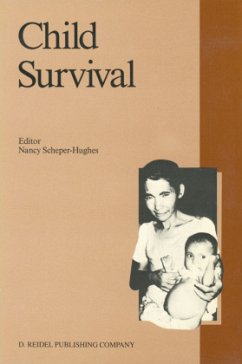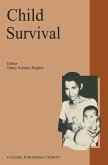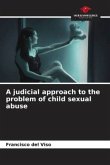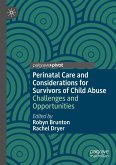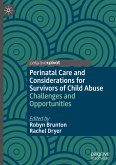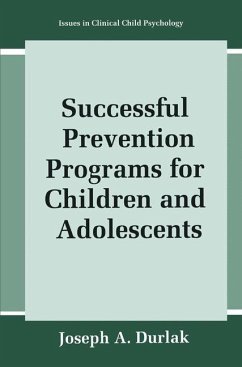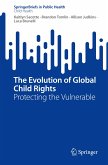of older children, adults, and the family unit as a whole. These moral evaluations are, in turn, influenced by such external contingencies as popula tion demography, social and economic factors, subsistence strategies, house hold composition, and by cultural ideas concerning the nature of infancy and childhood, definitions of personhood, and beliefs about the soul and its immortality. MOTHER LOVE AND CHILD DEATH Of all the many factors that endanger the lives of young children, by far the most difficult to examine with any degree of dispassionate objectivity is the quality of parenting. Historians and social scientists, no less than the public at large, are influenced by old cultural myths about childhood inno cence and mother love as well as their opposites. The terrible power and significance attributed to maternal behavior (in particular) is a commonsense perception based on the observation that the human infant (specialized as it is for prematurity and prolonged dependency) simply cannot survive for very long without considerable maternal love and care. The infant's life depends, to a very great extent, on the good will of others, but most especially, of course, that of the mother. Consequently, it has been the fate of mothers throughout history to appear in strange and distorted forms. They may appear as larger than life or as invisible; as all-powerful and destructive; or as helpless and angelic. Myths of the maternal instinct compete, historically, witli -myths of a universal infanticidal impulse.
'Broadly ranging and often provocative, this volume is a notable attempt to draw together explanations for childhood death. It will stimulate thinking on the levels of child wastage tolerated and accommodated by whole societies and at the same time offerperspectives on the complex casuality of criminal deaths to individual children. The collection provides a new measure of pluralistic and interdisciplinary consideration that should influence future research on child survival issues.' -- Odile Frank, Associate Center for Policy Studies, The Population Council
'A powerful and tragic expose of child abuse as an epidemic of the modern world. How aggressive policies against maltreatment mask collective social responsibility.' -- Carol B. Stack, Duke University
'This is a well-edited book that offers some compelling, intellectually provocative insights for clinicians and social scientists alike ... Although it clearly qualifies as a textbook and a reference book, it contains several chapters that will strongly interest the clinician.' -- The New England Journal of Medicine (1988)
'A powerful and tragic expose of child abuse as an epidemic of the modern world. How aggressive policies against maltreatment mask collective social responsibility.' -- Carol B. Stack, Duke University
'This is a well-edited book that offers some compelling, intellectually provocative insights for clinicians and social scientists alike ... Although it clearly qualifies as a textbook and a reference book, it contains several chapters that will strongly interest the clinician.' -- The New England Journal of Medicine (1988)
`Broadly ranging and often provocative, this volume is a notable attempt to draw together explanations for childhood death. It will stimulate thinking on the levels of child wastage tolerated and accommodated by whole societies and at the same time offerperspectives on the complex casuality of criminal deaths to individual children. The collection provides a new measure of pluralistic and interdisciplinary consideration that should influence future research on child survival issues.'
Odile Frank, Associate Center for Policy Studies, The Population Council
`A powerful and tragic expose of child abuse as an epidemic of the modern world. How aggressive policies against maltreatment mask collective social responsibility.'
Carol B. Stack, Duke University
`This is a well-edited book that offers some compelling, intellectually provocative insights for clinicians and social scientists alike ... Although it clearly qualifies as a textbook and a reference book, it contains several chapters that will strongly interest the clinician.'
The New England Journal of Medicine (1988)
Odile Frank, Associate Center for Policy Studies, The Population Council
`A powerful and tragic expose of child abuse as an epidemic of the modern world. How aggressive policies against maltreatment mask collective social responsibility.'
Carol B. Stack, Duke University
`This is a well-edited book that offers some compelling, intellectually provocative insights for clinicians and social scientists alike ... Although it clearly qualifies as a textbook and a reference book, it contains several chapters that will strongly interest the clinician.'
The New England Journal of Medicine (1988)

